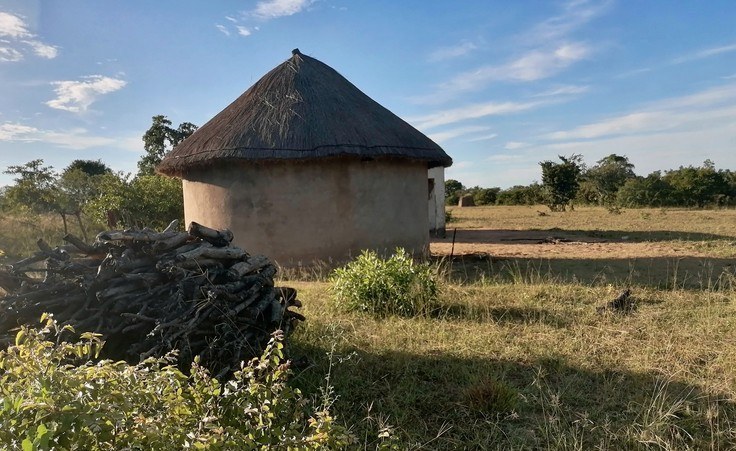ZVIMBA, ZIMBABWE — Mother of one, Ndakaitei Mathare, is the chairperson of the Ward 38 Disability Support Group in Zvimba, in north-central Zimbabwe. Having become physically disabled since the age of six, she understands the barriers faced by many people with disabilities in her district. Limited knowledge of her rights, lack of access to assistive devices and lack of access to socio-economic development projects are just some of the issues that have forced her to rely on relatives.
Mathare’s plight is not unique to her community. People with disabilities in Zvimba and across Zimbabwe continue to face challenges in accessing basic social services, including education. Women with disabilities are particularly vulnerable to violence and exclusion, and many grow up without the resources and skills to understand and exercise the rights protected by Zimbabwe’s National Policy for Persons with Disabilities.
Changes coming to Zvimba
“Through our disability support group, we have been raising awareness about disability and the rights of people with disabilities.” – Ndakaitei Mathare, Chairperson of the Disability Support Group, Ward 38
Through its Spotlight Initiative, UNESCO partners with disability organizations to promote the participation of women and girls with disabilities in community interventions that address gender-based violence and sexual and reproductive health and rights (SRHR).
As a result of this work, disability support groups led by the National Association of Caregivers for People with Disabilities (NASCOH), an umbrella organization for disability organizations, have been established in each district of Zimbabwe. These support groups provide a platform for women and girls with disabilities to share knowledge and experiences within their group and across the community. They are an important tool to raise awareness on gender-based violence, harmful practices and SRHR issues. Caregivers and communities also connect through the groups to discuss the rights of people with disabilities and how they can support their inclusion in all aspects of life.
The organisation also works with key gender-based violence service providers, including the District Social Development Office, police victim support units, adult rape clinics and the Zimbabwe Population Service.
The Zvimba Ward 28 Disability Support Group, which was launched in August 2021, has become one of the most proactive groups in supporting women and girls with disabilities to gain the knowledge they need.
“Our disability support group has been raising awareness about disabilities and disability rights through information sharing and learning activities,” Mathare says.
“I can now stand up in front of people and stand up for my rights with confidence.” – Chipo Oswald, support group member

Subscribe for free to the AllAfrica newsletter
Get the latest African news delivered straight to your inbox
success!
Almost done…
You must verify your email address.
To complete the process, please follow the instructions in the email we just sent you.
error!
There was a problem processing your submission. Please try again later.
Many members say the support group’s monthly meetings have improved their confidence in speaking about their rights and engaging with the community.
“As a disabled person, I was always looked down upon and not allowed to participate in community activities,” said Chipo Oswald, a member of the support group. “With the advent of the Spotlight Initiative and joining the support group, I gained confidence and now I can stand up in front of people and speak up for my rights with confidence.”
Mercy Muzei, another group member, agrees.
“The Spotlight Initiative has empowered me to know my rights and exercise them so I can pursue my dreams as a woman with a disability,” she says.
Building for the future
In addition to providing education and support, disability support organizations also work to help people achieve economic independence.
Thirteen members of the Zvimba 28th Ward Disability Support Group started a chicken farming project to earn an income and teach other members income-generating skills. They recently applied to the local committee to open a business premises. These training initiatives help women with disabilities earn an independent income, reduce their dependency on family members, and reduce their risk of violence.
“People with disabilities should not look down on themselves,” Mathare said. “If we stay united and work together, we can achieve a lot in life.”
Original story published by UNESCO.

